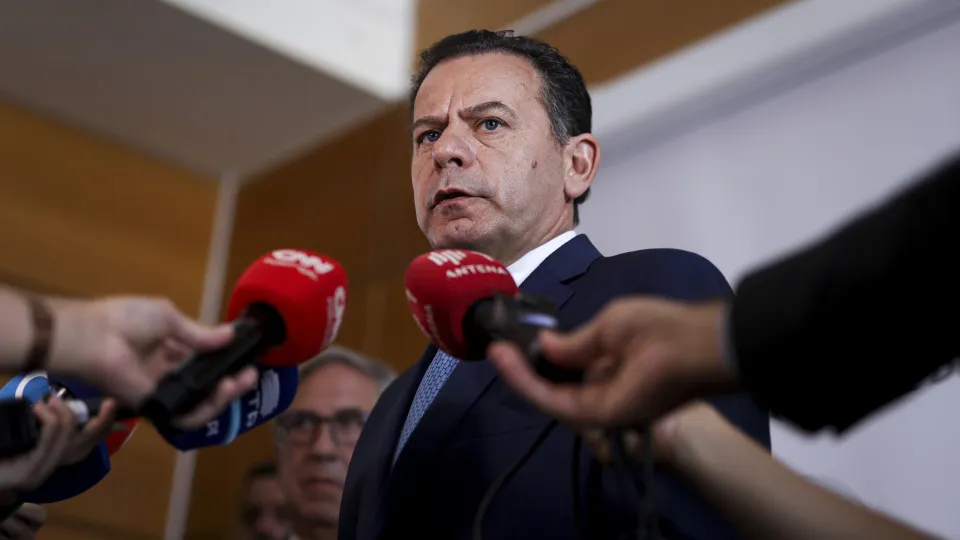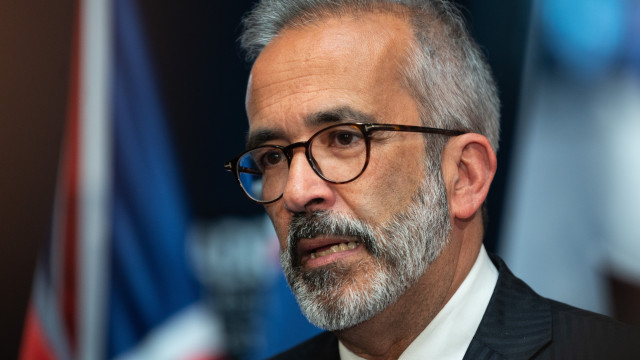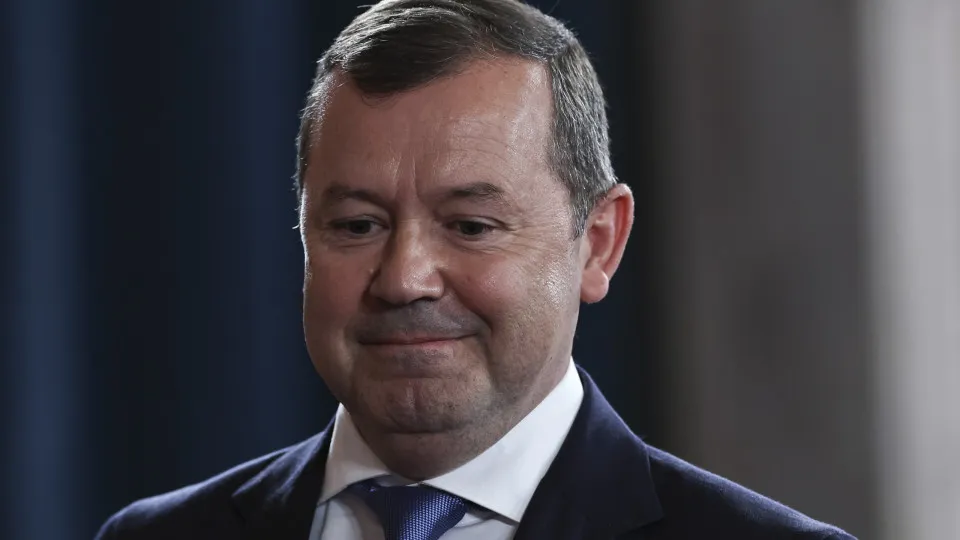
Luís Montenegro is scheduled to participate today at 12:00 PM in the closing session of the 21st edition of a youth leadership training initiative, which has been taking place since Monday in Castelo de Vide (Portalegre).
The PSD leader’s speech traditionally marks a second ‘reentry’ for the party after the Festa do Pontal in Algarve, an event that faced strong criticism from the opposition this year for coinciding with a period of heightened wildfires in Portugal during August.
Since then, the Prime Minister has only addressed the wildfire situation publicly, first at the end of an extraordinary Council of Ministers in Viseu where 45 measures were presented, and later in the parliament where he defended that the Government has “always been at the helm” of the response.
During the parliamentary debate on Wednesday, Marcelo Rebelo de Sousa visited the Summer University, advocating that the PSD’s role in combating extremism is to “assert the difference of moderation.”
“If it fails – I believe it has the conditions to succeed, just like the PS on the center-left – to assert the difference of moderation that distinguishes the center-right from the more radical right (…) then the role of parties of this nature becomes very difficult, and that is not good news for democracy,” he said, adding that it is “easier to make regime agreements, reach consensus, find central solutions” with a center-right party rather than a radical right one.
The following day, PSD-supported presidential candidate Luís Marques Mendes stated that the “path to success” lies in moderation, not radicalism, and issued a specific appeal to the PSD regarding a controversial nationality law.
“Being a special law, I would recommend efforts for dialogue and understanding so that it is approved with a broad majority that includes, notably, the PS. Special laws like this should not be passed by a mere circumstantial majority,” he stated, implicitly urging that the bill not be passed solely with Chega’s support.
Also present in Castelo de Vide was the government’s number two, Minister of State and Foreign Affairs, Paulo Rangel, who stated that “there should be no fear of radicals,” and emphasized the importance of “moderate and dynamic” center-right and center-left parties maintaining dialogue bridges.
“The major temptation for the center-right and center-left is to radicalize their discourse to compete with their radical competitors. This, in my view, is a mistake,” he argued.
At the opening session of the PSD’s Summer University on Monday, the PSD’s Secretary-General and Parliamentary Leader, Hugo Soares, criticized and rejected Chega’s proposal for a parliamentary inquiry into the wildfires, deeming it “inappropriate and useless,” while praising the PS’s proposal for an independent technical commission.
At last year’s Summer University closure, prior to the political crisis related to the Prime Minister’s family business Spinumviva, the PSD president declared that the country’s “true political instability” lay with the opposition.
“This government does not require elections to govern or restore legitimacy. We have enough to fulfill our program, provided there is political responsibility in Portugal to prevent a governmental blockade. My belief is that, at this moment, the country is with the Government, what we do not know is if the opposition will be with the country,” Montenegro said, six months before his first executive resigned following a no-confidence motion defeat.




